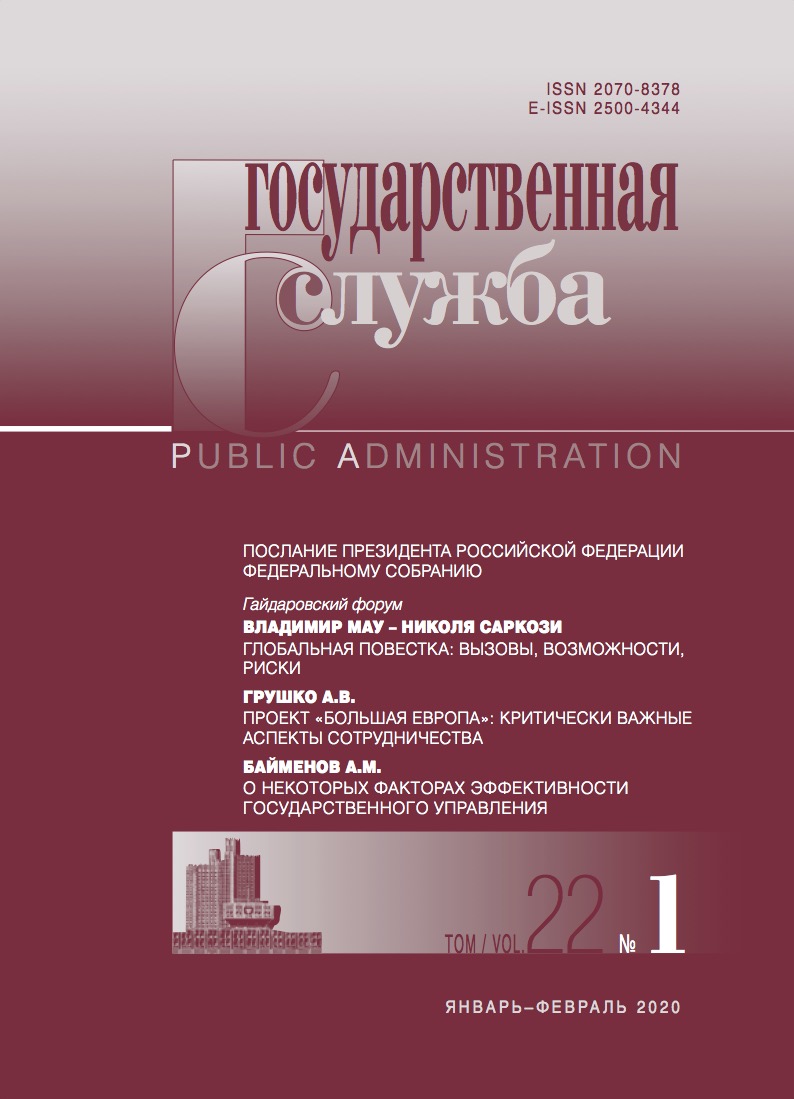Recommended link to article:
FRANCO BRUNIа,b
аBocconi University
bItalian Institute for International Political Studies (ISPI)
DOI: 10.22394/2070-8378-2020-22-1-54-57
Abstract:
The article is devoted to problems in relations between the EU and Russia. Multiple methods are considered that are aimed at solving the problem of multilateralism in current conditions. The author selected and studied specific documents on essential aspects that are devoted to this topic. Studying the arising problems requires careful consideration since, in the modern world, cooperation between global actors such as the EU and Russia cannot be ignored. Despite all the challenges faced by the parties in their fields, all difficulties are conquerable, and the article provides specific methods for its solving. The article discusses some aspects and problems that require particular attention from specialists in this field. The author concludes that strong US–EU coalition could seem more coherent with history and with the traditional East–West divide. However, the recent evolution of the US attitude towards international relations weakens the probability of such coalition and its perceived payoffs. A more or less defensive Russia–China coalition has been tried with limited results; moreover, if it were possible and probable, the two western players would change their strategy to prevent it or to contain its depth. In fact, we live in a world where many talks of a serious possibility of G2 governance, a peculiar type of coalition where the US and China keep hostile and nationalistic attitudes but join forces to set the global stage in their favor, pursuing a qualitatively limited but quantitatively rich payoff. In such world, as a counterpart of this payoff, both the divided Europe and the economically much smaller Russia would lose power and suffer several kinds of economic disadvantages. Therefore, Greater Europe would be good for Russia and for the EU as well.
Keywords:
Europe, Russia, multilateralism, relationships, aspects and problems, actors
Received:
January 31, 2020
References:
Aragona G. Russia e Unione Europea. Una relazione Problematica, in: Aragona G. ed., “La Russia post-sovietica”, Milan, ISPI, Mondadori Publishing House, 2018. In Italian
Bruni F., Tajoli L. The Economic and Financial World: Globalizing or Fragmenting? ISPI Yearbook, 2020. Сhapter 1.3. In Italian
Utkin S. “Overcoming the Stalemate in EU–Russia Relations: Start with the Visa Dialog”, Commentary, European Leadership Net-
Articles in Open Access mode are published under the Creative Commons Attribution 4.0 International (CC BY) license.

